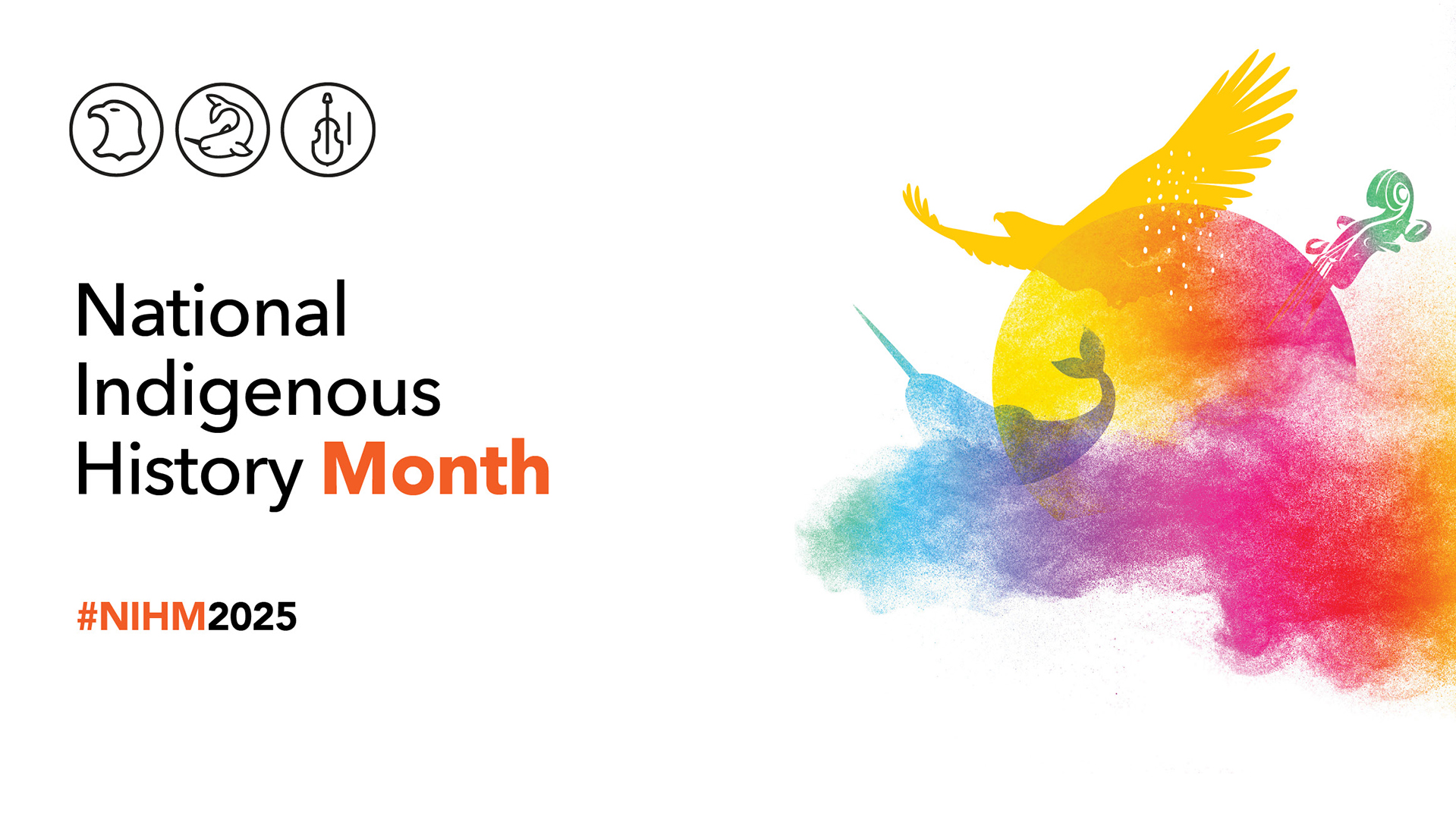June is National Indigenous History Month. This month presents an opportunity to celebrate Indigenous brilliance.
This month we also encourage you to learn. BigEagle-Kequahtooway from White Bear First Nation said June is about recognizing the achievements of Indigenous people but also understanding “what happened on this land before we can even get to reconciliation.
“We need to talk about some of the truths that have happened in the past to understand why we are where we’re at,” she said.
What are we doing at CHCPBC? We are doing our part to dismantle Indigenous-specific racism in the healthcare system; we are identifying where Indigenous-specific racism shows up in our regulatory processes and we choose to be an actively anti-racist organization. We will get it wrong, at times, but we will choose discomfort and relational healing over shame. We are creating a healthy workplace culture that supports Indigenous people in our organization, so that we celebrate and value Indigenous talent by:
- reviewing and redesigning our hiring and onboarding processes to be culturally safer
- educating our staff teams about Indigenous-specific racism and what it means to be actively anti-racist
- learning what it means to reimagine our workplace outside of colonial constraints
Here are some things you can do to learn, celebrate, and take action personally or in your workplace this June:
- Read the In Plain Sight report (PDF) that heard from Indigenous peoples throughout BC about Indigenous-specific racism and discrimination in BC healthcare. The report contains 24 recommendations.
- Read Remembering Keegan (PDF): A BC First Nations Case Study Reflection. “Telling Keegan’s story is important as a way to bear witness, document ‘Culturally Unsafe Encounters’ within the health care system and contribute to changing the system to prevent similar deaths or harm in the future.”
- Read CHCPBC’s Indigenous Cultural Safety, Humility and Anti-Racism Practice Standard (PDF). If you are a health-care provider, consider how you are applying these principles in your practice.
- Diversify your social media by following Indigenous content creators. A few examples are Jared Qwustenuxun Williams, Decolonize Myself, Indigenous.TV, and Culturally Committed
- Buy Indigenous art, clothing, jewelry or books; listen to Indigenous musicians; watch Indigenous-created films and TV shows.
- Talk to your Member of Parliament or community leaders about the actions they are taking to advance reconciliation.
- Find out about Indigenous-led celebrations in your community this month and join in the celebration. Maybe eat lunch with a few people you don’t know and start a conversation.

